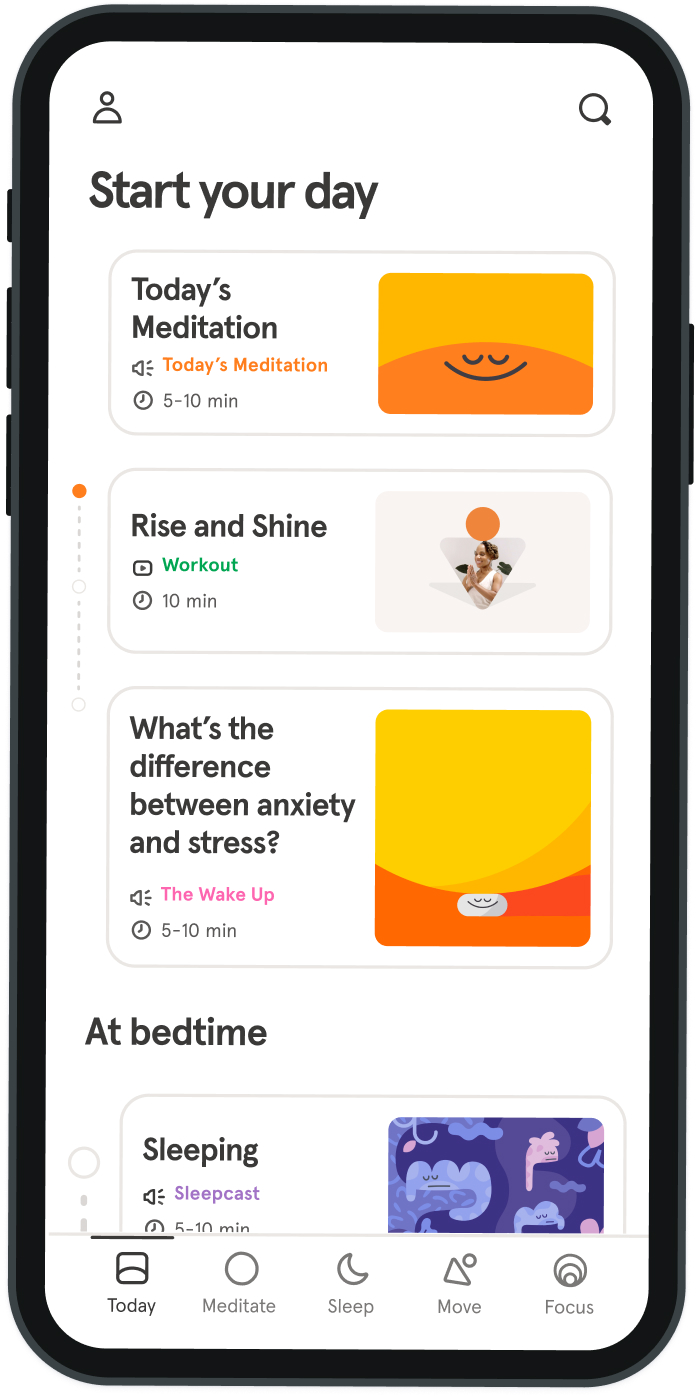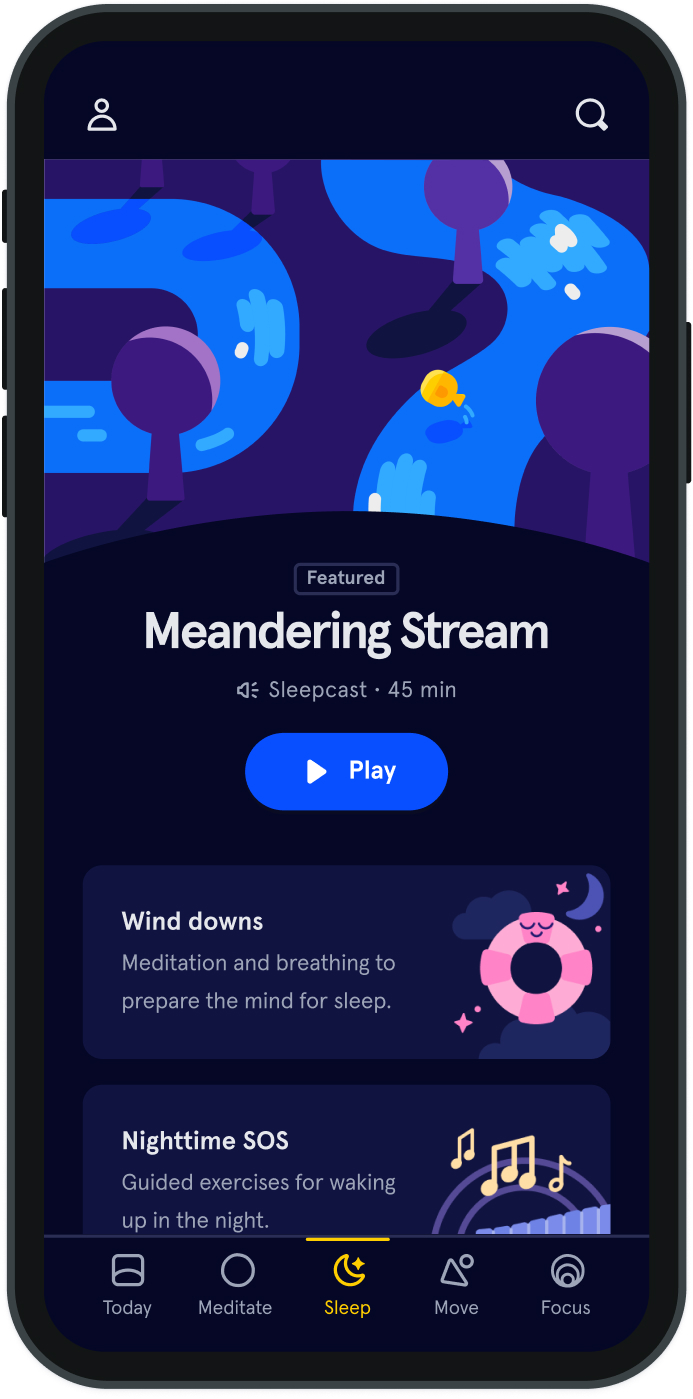The After Series: Lost at Sea
We spend so much of our waking lives avoiding death—in more ways than one. When it comes to talking about the inevitable, it isn’t always easy. So the Orange Dot is aiming to shine a light on these stories, in hopes that it may help others. The After Series features essays from people around the world who’ve experienced loss and want to share what comes after.
The woman seated beside me at the train station shakes her head. She has blonde hair with a tinge of pink, a blue dress, and a tattoo on her left hand; a small blue line representing the ocean, and the transient brevity of life. She is from the sea, and the sea reminds her how little time we have here.
I like her very much but don’t know if trying to kiss her at night’s end would be a smart idea. “I just can’t imagine what it’s like,” she says, “growing up without both parents.” I’ve just told her that my father died in 1991. Oftentimes when this arises, I consider whether or not to reveal this information, not because it saddens or embarrasses me, but because I see the look in people’s eyes; incomprehension. It is a look of bewilderment, of being completely unable to understand what losing a parent so young can do to a person. In this instance, I’ve had no choice but to tell her. It came up in conversation. My answer is formulaic: I shrug, and I smile. “It is what it is.” This is true. I know nothing else. My father, a sailor, was at sea in October 1991 when he disappeared one night somewhere in the Bay of Bengal. I’ve never known the exact cause of his death, only the outcome for me; a life spent mostly without a father.
I wasn’t upset when it happened. I was four and didn’t understand the cataclysmic event that had taken place. I was fortunate to be swaddled with the love of my mother, elder siblings, grandparents, aunts, uncles, and school teachers. Over 25 years later I have an explanation for the woman seated beside me. As we depart from Victoria station, I lean in with my heart racing and thoughts uncertain. I kiss her. She kisses me back. She heads home. I spend the next day and a half anxiously wondering whether I have acted hastily. I try to work but replay the moment when she left and I decided to do something. That is, I decide, the closest I can come to explaining a quarter-century-grief. It’s less about crying or yearning for a person about whom I knew so little and have lost, but a coloration of decisions I’ve made, from kissing a girl to advocating for myself at work to asking someone to lower the volume on a train. From feeling out of place in a crowded room to grieving the end of a relationship that ended years prior because it is in some ways no different to what was lost 26 years back; it is loss. I feel it in my bones. It never shows on my face nor seeps from my eyelids. Early on I learned to hide emotion, not because I was told to but because pain and loss were unfathomable and have remained as such. I feel angry, always. I create scenarios of conflict with others in my mind for the very reason that I can never voice my anger toward the world. Now it has morphed into a stunned silence during arguments and day-to-day interactions with loved ones. Voicing feelings seems dangerous, a betrayal of sorts, a pathway to catastrophe. It makes me cold about death, yet incapable of coming to terms with loss.
When people share that a grandparent has died, my reaction is to nod and say “so it goes”, but instead I force myself to say what I often do. “I am very sorry. I hope you are okay. Let me know if I can do anything.” When someone cries over a dog my inclination is to scream and shout and dismiss any notions of loss. Fortunately, silence helps me smile and say all the right things (and keep my friends). Alongside drawbacks, there are benefits; I fight those urges to be cruel and force myself to be empathetic at all turns. I consider others deeply because I feel everything inside with such force and know that we each suffer in our own relativity. In some perverse way it’s made me the person I am: a writer, capable of saying the nastiest and nicest, darkest and lightest of things through a pen or keyboard; exposing my wit and sympathy, my patterns of hopelessness but also of hope. A 25-year grief suffuses into every other loss; it perpetuates despair but it also offers lightness— a distinct feeling of awareness. It’s why I listen to the maudlin beauty of The National but would feel awkward dancing a two-step with joie de vivre. It’s why I sympathize wherever I can find it in me to sympathize. It’s why I find everyday things like conversation oddly terrifying but feel fearless about writing about or making fun of myself in a way others would find frightful. It’s why I feel things so deeply and lugubriously but with a keen awareness of the importance of that. It is an ongoing grief, but also life and hope. It is what it is.
. . .
Submissions for The After Series are now closed. We continue to explore and discuss mental health (and everything else that occurs around life and death) on The Orange Dot.


Be kind to your mind
- Access the full library of 500+ meditations on everything from stress, to resilience, to compassion
- Put your mind to bed with sleep sounds, music, and wind-down exercises
- Make mindfulness a part of your daily routine with tension-releasing workouts, relaxing yoga, Focus music playlists, and more
Meditation and mindfulness for any mind, any mood, any goal

Stay in the loop
Be the first to get updates on our latest content, special offers, and new features.
By signing up, you’re agreeing to receive marketing emails from Headspace. You can unsubscribe at any time. For more details, check out our Privacy Policy.
- © 2025 Headspace Inc.
- Terms & conditions
- Privacy policy
- Consumer Health Data
- Your privacy choices
- CA Privacy Notice
